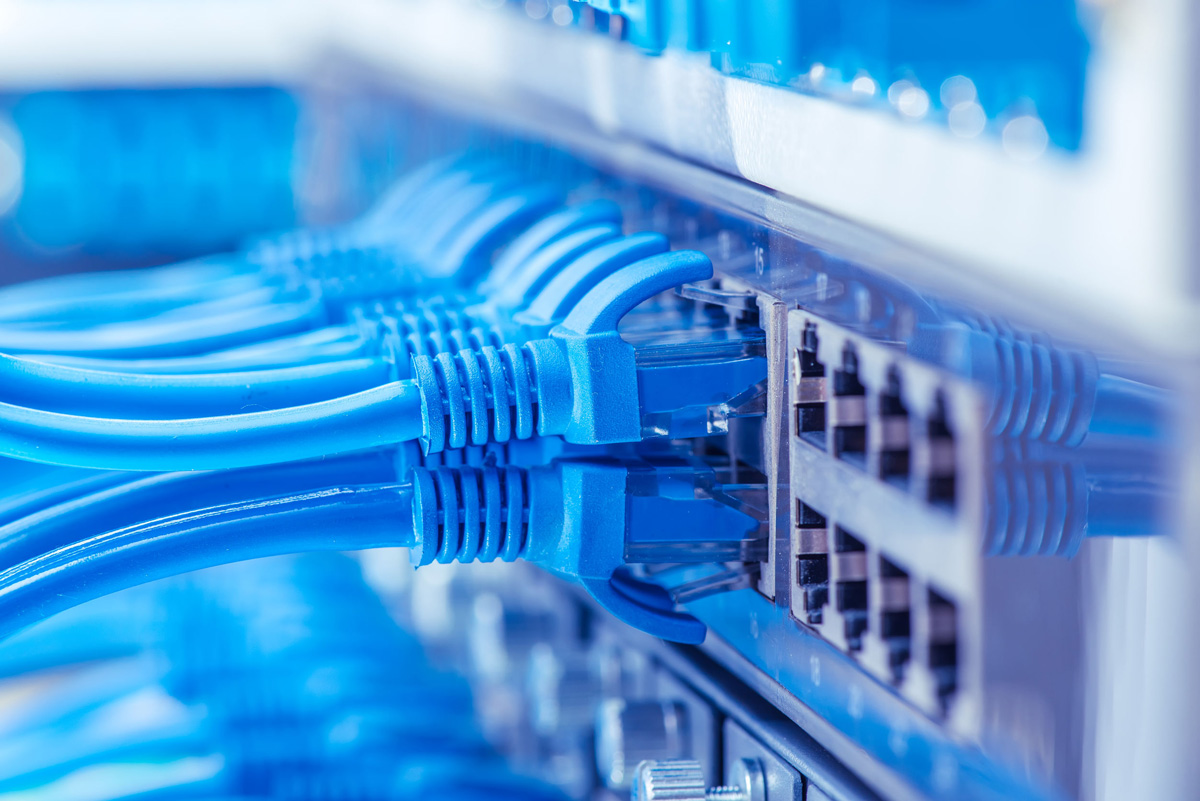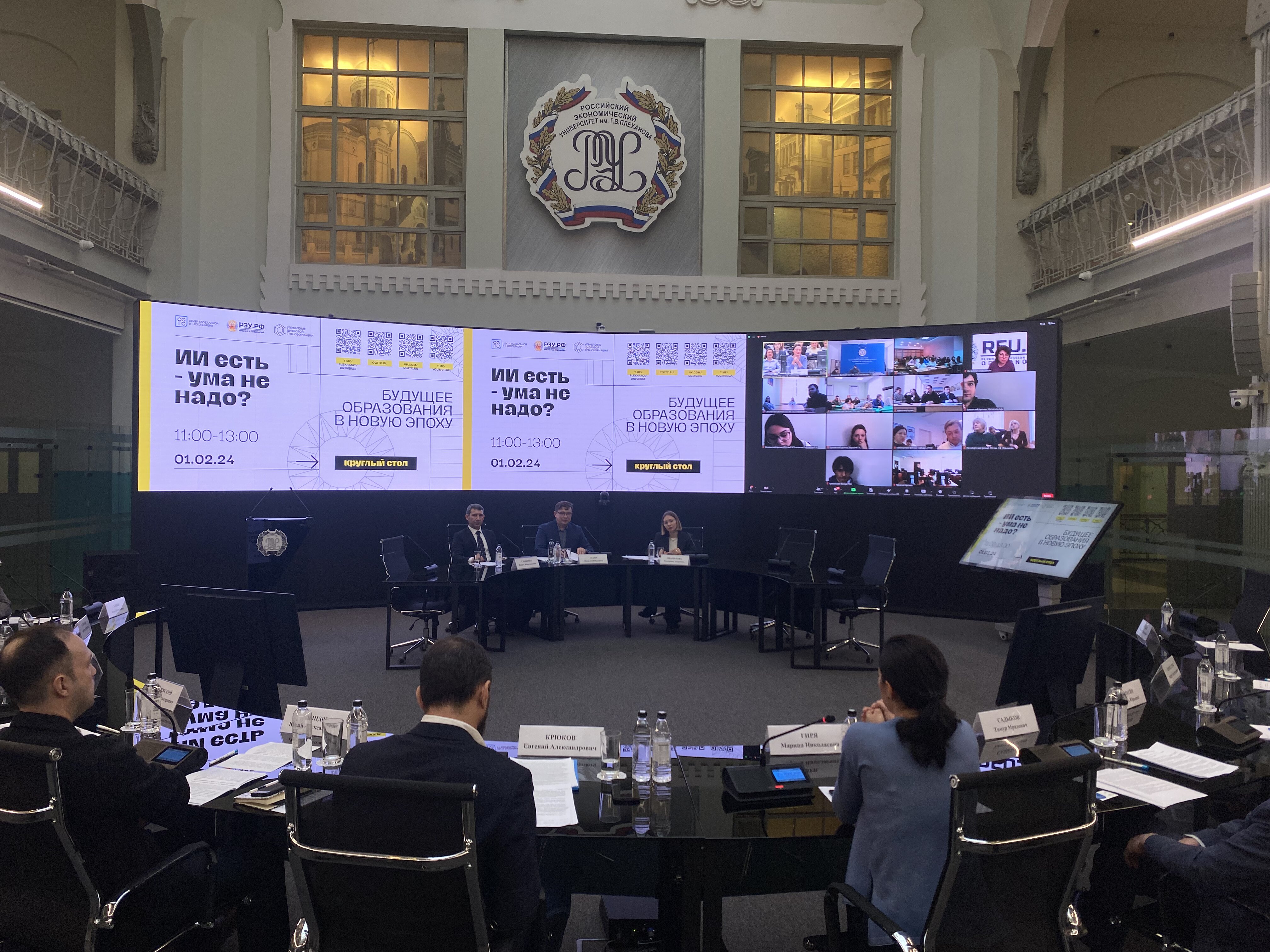On February 28, 2022, the Prime Minister - Deputy Minister of Digital Transformation of Ukraine Mykhail Fedorov sent an unusual letter to ICANN, an international non-profit organization (Internet Corporation for Assigned Names and Numbers, headquartered in the USA), responsible for coordinating the maintenance and procedures of several databases related to the namespaces and numerical spaces of the Internet, ensuring the network's stable and secure operation. It follows from the letter that because Russia is engaged in “the full-scale war against Ukraine”, Kyiv demands to switch the Internet off in Russia completely, for the sake of “fighting disinformation” and for people to use other domains in search for the truth. But there are no such cases in ICANN, and even if there were, the organization explained in a response letter why it would not do this.
Firstly, the Internet was created to ensure that any person on Earth would have access to it, regardless of political and other preferences. Disconnecting someone from the network is contrary to the idea of a free Internet, actively promoted by ICANN itself. The Internet is an ecosystem that is too interconnected, and creating a “blockade”, completely excluding any country from it, simply will not work. In a global sense, the deprivation of access to the Internet can actually be equated to the violation of human rights.
Secondly, the root DNS servers that Ukraine asks to disable are interconnected. There is no server that would control a single country. That is, the hypothetical shutdown of even one of them will entail the shutdown of a number of countries.
Thirdly, the globally agreed status quo does not provide for ICANN to take unilateral action to disable any domains at someone's request (and Ukraine asks to do this for all domains registered in Russia). Such a change in process would have devastating and irreversible consequences for the trust and utility of the global system. According to ICANN's letter, “only through broad and unimpeded access to the Internet that citizens can receive reliable information and a diversity of viewpoints”.
Fourthly, SSL certificates cannot be revoked by ICANN either: they are issued by independent, third-party operators and ICANN has nothing to do with this (although some, for example, stopped working in Russia, transferring sites to other operators).
However, the letters did not end there. The second such request was sent to the RIPE NCC, one of the five regional Internet registrars responsible for the allocation and registration of Internet number resources (IPv4 addresses, IPv6 addresses and autonomous system numbers) in a specific region (in that case in Europe, Middle East and Central Asia). However, the organization, which, in fact, is an association with membership fees, approved a resolution on February 28 on provision of critical services to its members in various geographic and political regions, where it stated that the means to communicate should not be affected by domestic political disputes, international conflicts or war.
It turns out that both organizations directly declared their neutrality in the interests of maintaining the operation of the global network in any possible conflicts, indicating that they would do everything to prevent discrimination against users, regardless of where they live and what is happening in the world. In the end, it is not beneficial for them, because the “shutdown” not only can undermine the credibility of these organizations from other countries and ordinary users, but also contradicts their own policy regarding freedom of speech. And here clearly looms the threat of fragmentation of the Internet, in the paradigm of which ICANN simply loses its power.
The question of who can and cannot use the Internet raises a much more complex issue: interdependence. As you can see, the “cancel culture” that is so popular in the West, turns out to be too dangerous for the free Internet. Which simply cannot and should not have a “switch”.





